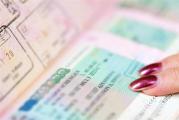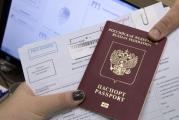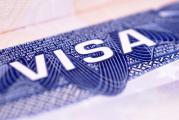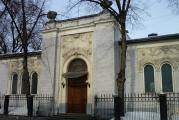Independent obtaining of a visa to Canada for Russians
For citizens of the Russian Federation, a visa to Canada is one of the most difficult to obtain. Even if the purpose of the trip is purely tourism, it is not easy to obtain an entry document. In 2019, Canadian visas are opened according to the same rules and requirements. They must be followed strictly. We will figure out how to get a visa to Canada, and whether it is possible to do it yourself.
Among Russians who travel the world frequently, there is an opinion that a visa to Canada is the most difficult to obtain. And indeed it is. Getting a Canadian visa is more difficult than getting permission to enter Schengen, Britain, the United States and the vast majority of other territories. Therefore, when starting the process of drawing up a document, one should approach it very seriously and responsibly. All visa nuances and difficulties are in our article.
Canadian visas are divided into the following main groups:
- Temporary Resident Visa (temporary resident visa). Multiple documents with a shelf life of six months to 5 or even 10 years. Issued for travel related to:
- Tourism.
- Visiting friends or relatives (for parents, grandparents of Canadian citizens and permanent residents of the country, special 2-year supervisas are provided).
- Business.
- Short-term training (up to six months).
- Youth program "Travel and Work".
- Transit through the North American state.
- Work Visa (temporary work visa with work permit). Granted to foreigners who have taken a job in the western kingdom.
- Study Visa (study visa with education permit). Entry on Canadian visas of this category is for long-term study in a bilingual country.
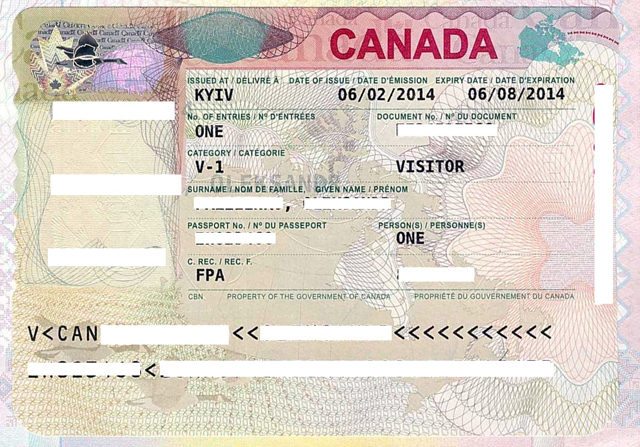
Where to apply for a visa
Independently, a visa to Canada is requested in one of the following ways:
- At the vfs global visa center. The company's offices are located:
- In Moscow.
- In Petersburg.
- In Vladivostok.
- Online on the Internet portal of the Canadian Ministry of Citizenship and Immigration. It should be borne in mind that when filling out electronic questionnaires, the site often freezes. Therefore, you need to be patient.
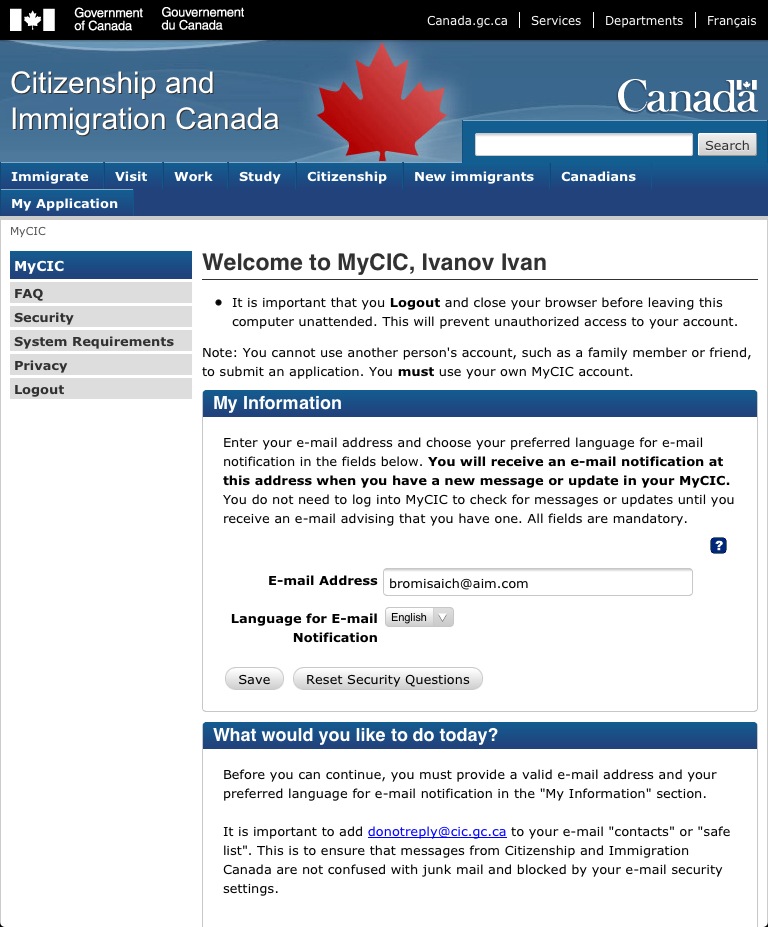
In 2019, visas to Canada for Russians are issued, as a rule, without an interview at the embassy. Of course, provided that the candidate meets the high requirements of the host country. Applicants are called into the diplomatic mission extremely rarely. And usually the interview with the consul is not related to requests for tourist visas to Canada.
Important! The decision on each case is made not by the diplomatic mission or the visa center, but by the Canadian Immigration Service.
Design features
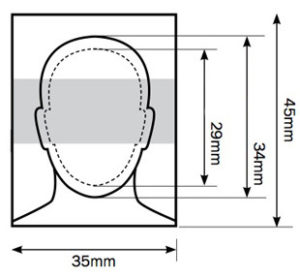
- All applicants for a visa to Canada fill out the appropriate applications (several different forms per applicant). There are different forms for each purpose of entry. Official forms can be filled out on the website of the Ministry of Citizenship and Immigration.
- If the visa application is filled out electronically, it should be printed on thick white paper (not glossy). Printing is allowed only on a laser printer.
- Some Canadian visa applicants will be required to submit biometric data. The list of citizens who will be required to provide fingerprints is on the website of the Ministry of Citizenship and Immigration.
Visa fees
The cost of a visa to Canada consists of non-refundable consular and service fees. The first depends on the type of entry document for the purpose of stay. The second is the same for all applicants and is paid when applying at the visa center. The service charge is CAD 35.55. At the exchange rate for 2019, this is 1,777 rubles.
Persons undergoing biometrics are exempted from the service fee. This fee is already included in its price ($85). All fees are paid in one of the following ways:
- In person (in cash or by credit card at the time of application at the Visa Application Centre).
- By mail (bank transfer to vfs global settlement account).
Fees for each applicant for a collective trip (family couple, parents with a child, etc.) are paid separately.

Tourist visa documents
- Completed and signed visa application form. If a minor child enters without parents, a separate application is filled out for him. Information in the application is entered in English or French. There are 3 different forms to fill out:
- Form IMM 5257 (Application For a Temporary Resident Visa).
- Form (Family Information).
- Form for unmarried partners (Statutory Declaration of Common-law Union)
- International passport:
- Submit a copy of the document. The original is requested in case of a positive decision on the visa application. Canadians do not put visa refusal stamps in their passports.
- The shelf life of the crust is from six months.
- Essential for all foreigners, including children.
- Previous visas and border crossing stamps (if available).
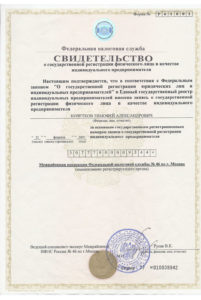
- Photographs:
- 2 pieces.
- 35 by 45 mm.
- (recommended movement on the account for the past 3-4 months).
- Notice from the employer:
- With an indication of salary, length of service and the consent of the authorities to leave.
- A letter from work is accompanied by a certified translation or immediately compiled in English or French.
- Married persons additionally prepare a letter from the spouse's place of work.
- Business owners submit:
- Company registration documents.
- Information about the registration of your own organization with the tax office.
- Evidence of real business activity (desirable).
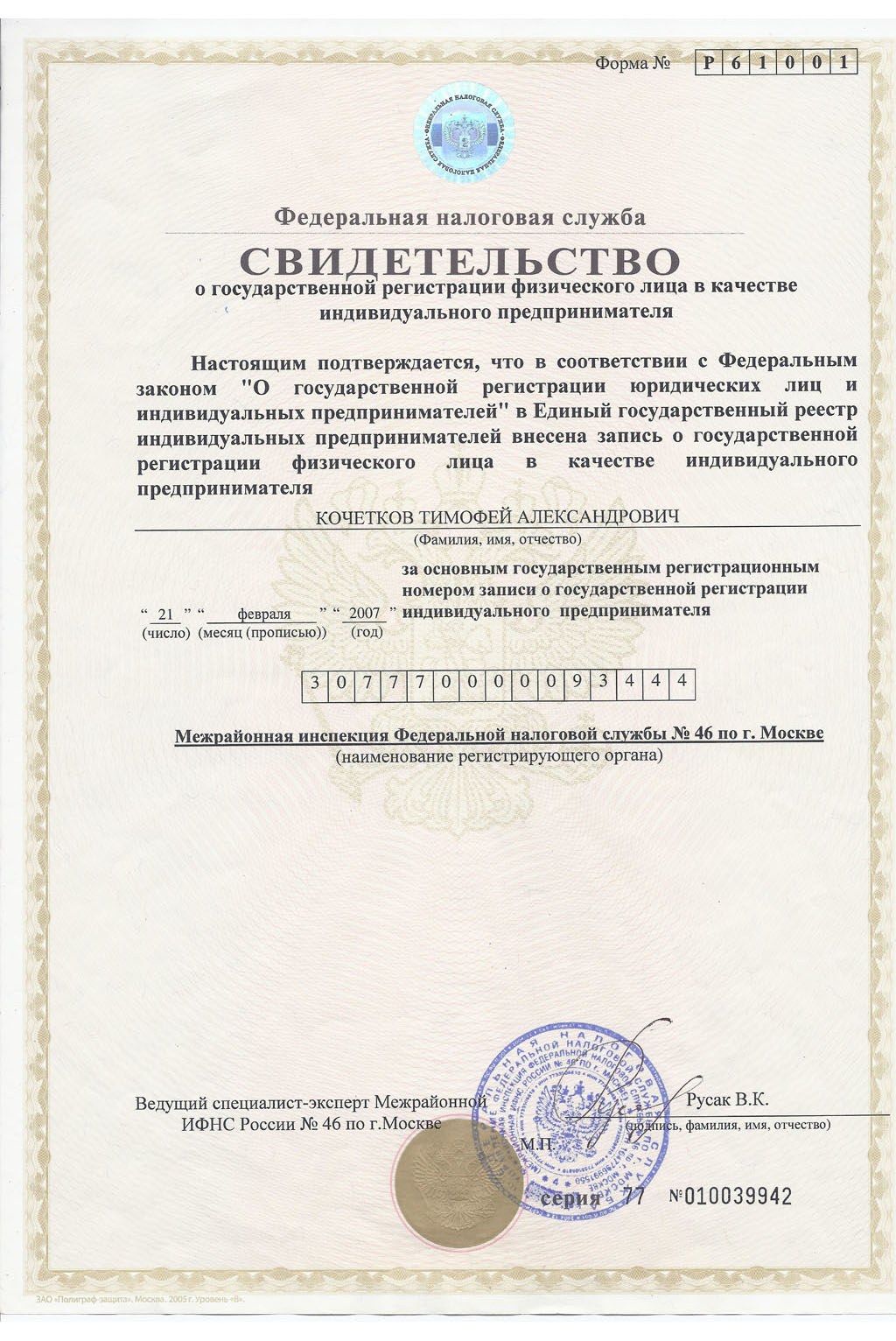
- Booking tickets and hotels (may be required).
- Any confirmation of close ties with the homeland (as a guarantee of return). For example:
- Certificate of ownership.
- Documents on marriage and birth of children.
- For a child under 18 years of age, an additional consent of the parents / parent to travel is submitted (if a young citizen travels to Canada alone or with a third person).
- If the Temporary Resident Visa is requested for a purpose other than tourism, an appropriate invitation is additionally presented (from a relative/friend, business partner, Canadian company, school/university, etc.).
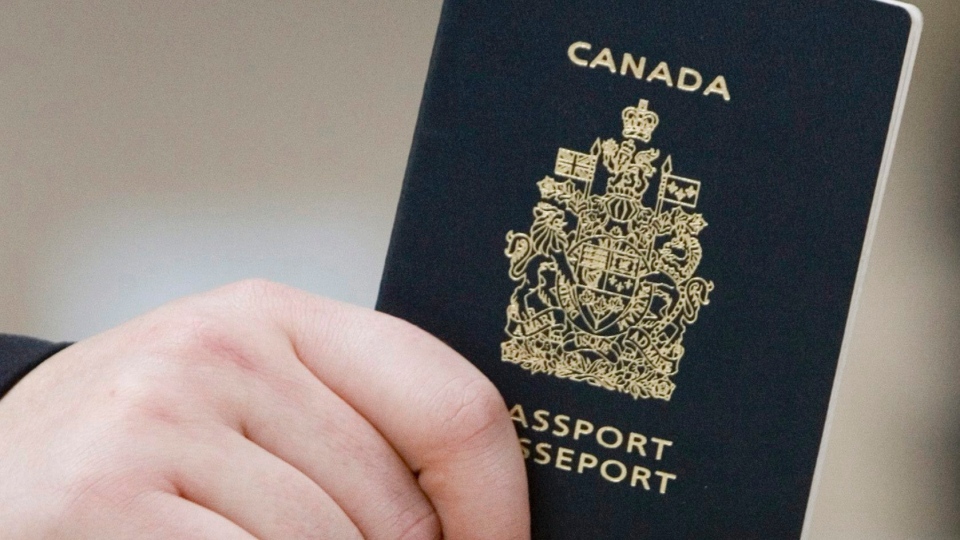
- For the supervisa of parents / grandparents, the following are additionally submitted:
- An invitation letter from a child/grandchild living in Canada.
- Proof of relationship.
- Guarantees of financial solvency of the child/grandchild.
- Confirmation of the legality of residence in the kingdom.
- Checks for payment of fees. The consular fee is 5 thousand rubles.
- Consent to the processing of personal information (when applying at the visa center).
- Consent to the provision of services:
- Served when submitting papers at the visa center.
- To be completed in English or French.
- Medical insurance (recommended).
Copies, not originals, of the required papers are accepted. With regard to translations of certificates and forms, this requirement changes frequently. It is either made mandatory, or canceled again. Therefore, before submitting documents, you need to carefully read the current conditions of the host country.
Transit visa documents
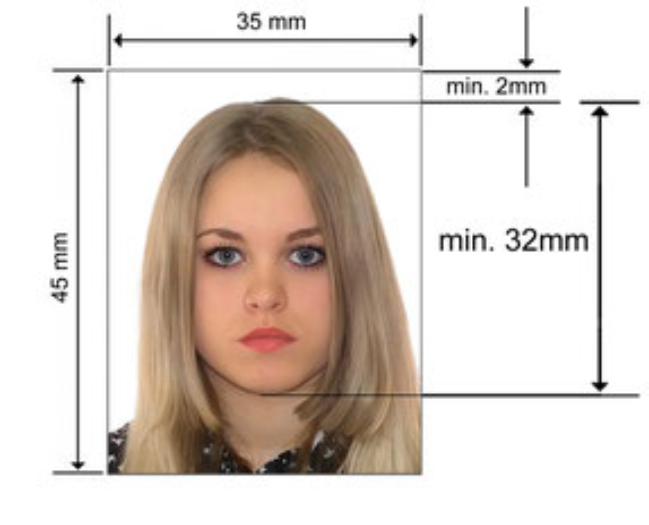
- Questionnaires IMM 5257 and IMM 5707.
- Passport with a visa of the country of destination.
- A photo:
- 2 pieces.
- 35 by 45 mm.
- A photocopy of the air route or its reservation indicating the name of the visa applicant.
A Canadian transit visa is required for any landing of the liner, including technical. The document is issued free of charge when issued on the website of the Ministry of Citizenship and Immigration. However, a foreigner may be required to provide biometric data. Their fee is 85 Canadian dollars and is paid separately. The service fee is not charged even when applying at the visa center.
Work visa documents
- Completed and signed application form. 2 forms are submitted:
- Application for a work permit (in English or French).
- Family Information Questionnaire (IMM 5707).
- International passport.
- Photocards:
- 2 pieces.
- 35 by 45 mm.
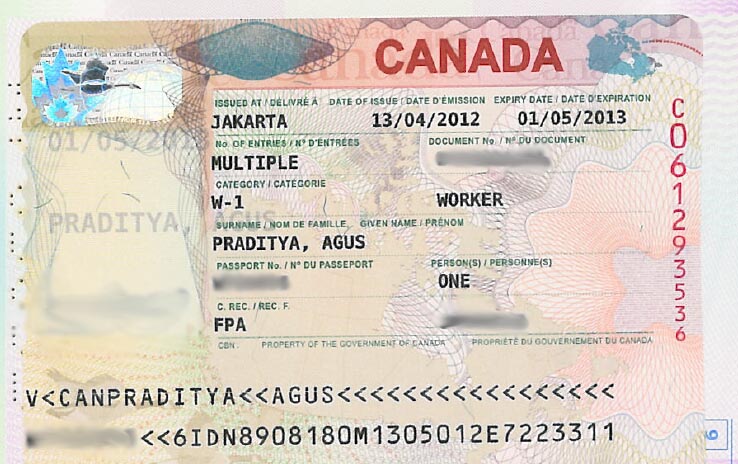
- An invitation from an organization or employer in the kingdom. The letter contains information about:
- Receiving company (name, address and telephone number, as well as the name of the contact person).
- Description of the job offered (contract term, estimated salary, social package, including, for example, moving costs and housing).
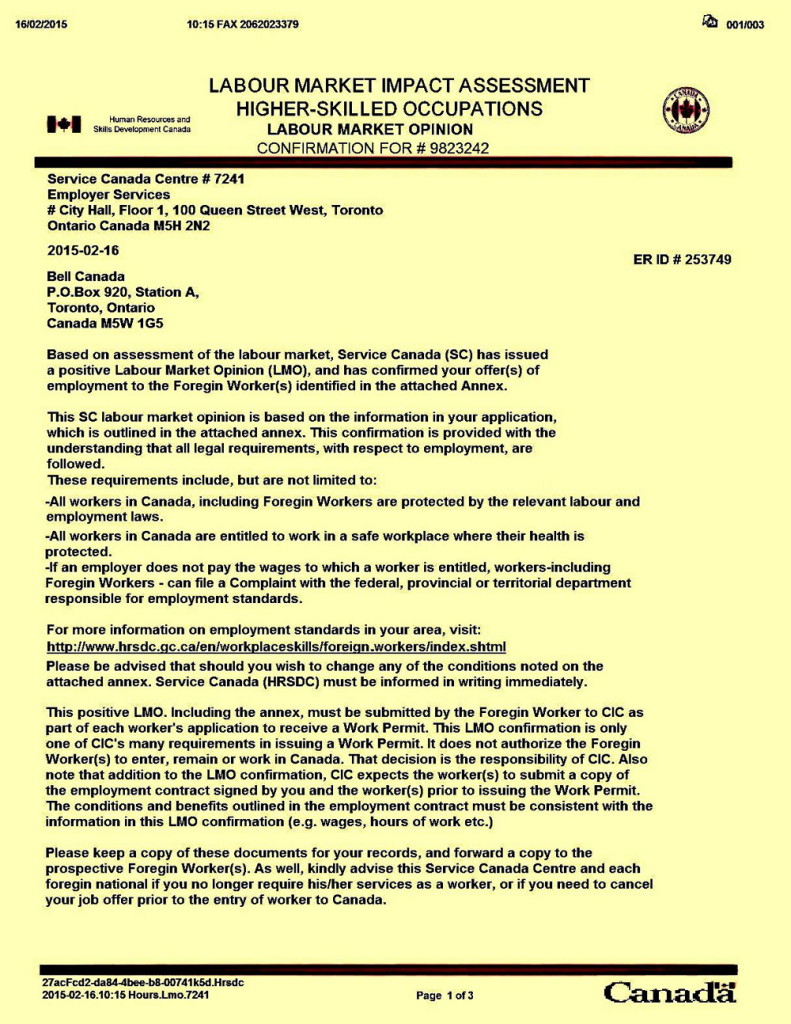
- Signed contract.
- Proof of appropriate qualifications to perform job duties (any diplomas and/or professional certificates).
- Letters of recommendation from previous employers.
- When employed in Quebec, a certificate of consent for the provision of temporary work is submitted. It is issued by the Ministry of Immigration and Culture of the province.
- Checks for payment of fees. The consular fee is 7,750 rubles.
- Consent to the processing of personal data and the provision of services (when submitted at the visa center).
- Medical insurance (recommended).
The embassy of the North American power has the right to invite the applicant for an interview. In addition, the candidate may be required to undergo a medical examination.
Documents for a study visa
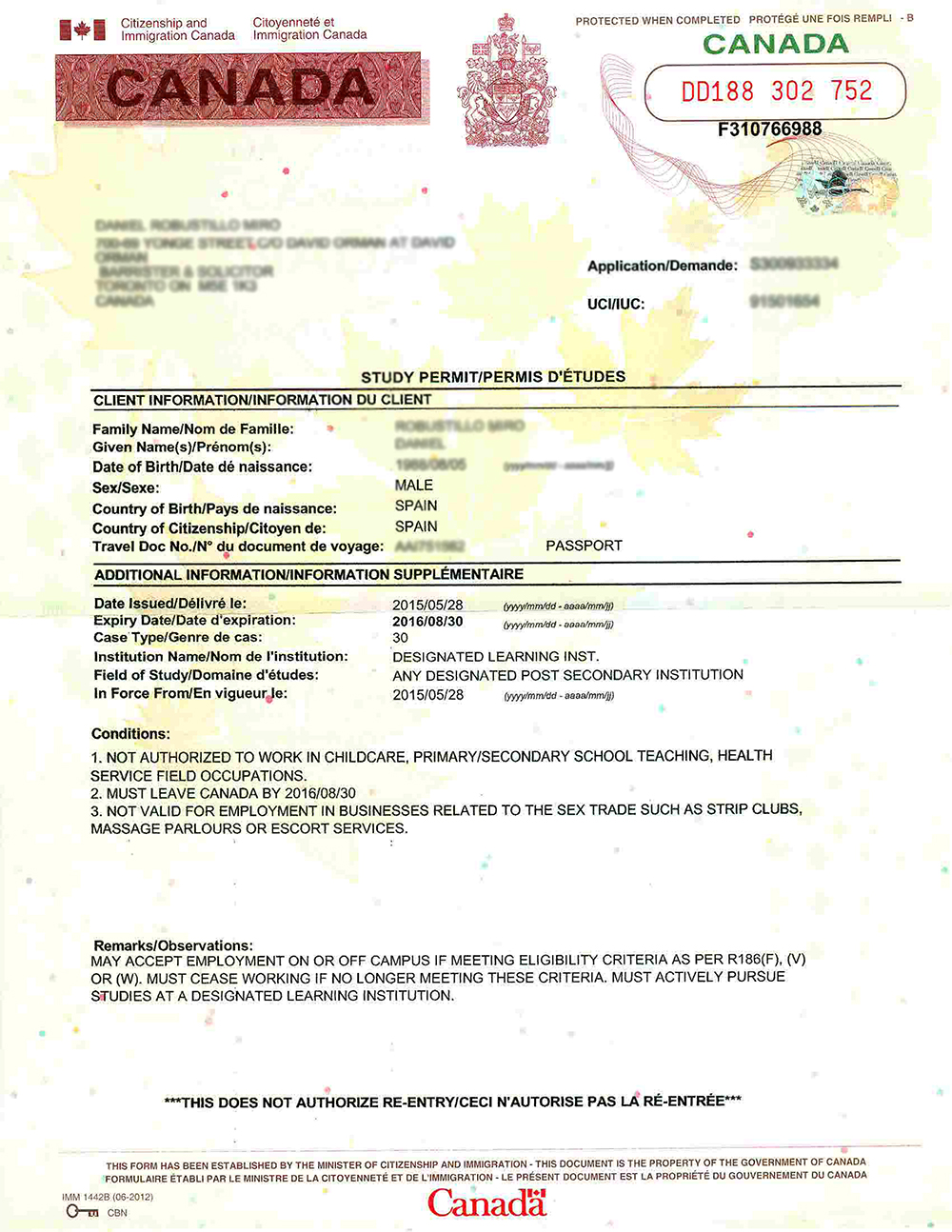
- Completed and signed application form. 2 forms are provided:
- Application for a study permit. Compiled in English or French.
- Questionnaire "Information about the family".
- If a minor child enters without parents, both questionnaires are filled out for him.
- To obtain a study permit in Quebec, you may need:
- Permission from the local government (issued through the educational institution).
- Letter of admission to an educational institution (fax or photocopy).
- Evidence of the availability of funds in the required amount.
- Passport (including a separate identity card for the child).
- Photocards:
- 2 pieces.
- 35 by 45 mm.
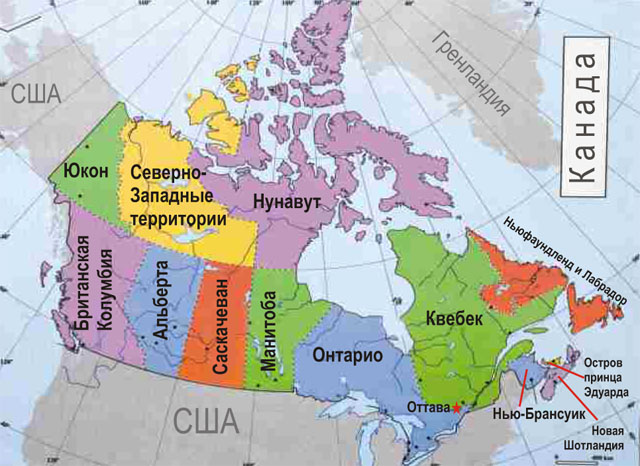
- Children under 18 traveling on their own submit a notarized consent of the parents / parent to travel.
- Confirmation of guardianship:
- Served by minor children entering Canada without a mother and father.
- The age of majority is different for each province (18 in some, 19 in others).
- Consent to guardianship is given by the parents of the child going to the North American state.
- The document is certified by a notary.
- The consent of guardianship entrusts the care of the child to a citizen or permanent resident of the realm. A resident of Canada signs an affidavit of custody.
- Checks for payment of fees. The consular fee is 7.5 thousand rubles.
- Consent to the processing of personal data and the provision of services (when submitted at the visa center).
- Medical insurance (recommended).
How to track the readiness of a visa
The dossier of applicants is registered in the processing system of the visa center. Registration is possible if the submitted package of visa documents meets the established requirements and all fees have been paid. Registered applicants will receive an email notification. It will contain a unique identification number. Candidates use this number to track the application status in one of the following ways:
- By the contact number of the visa center.
- Directly at the vfs global office.
The average time for making a decision on a case is 15-30 days. But everything is individual. Consideration of some applications and related papers stretches for 1 month or longer.
Grounds for visa refusal
- The questionnaire was filled out with errors or incompletely.
- There are no paperwork included in the documentation package.
- Accidental or intentional errors in submitted documents.
- False information in the application, false documents.
- Insufficient justification of the goals of arrival in a Western power.
- Not fully confirmed ties with the homeland.
- Suspicion of the intention to illegally emigrate to the North American kingdom.
When planning a trip to Canada, you need to be realistic. The number of refusals to applicants-Russians is almost a third of the applications submitted to the Russian Federation for a Canadian visa. And this number is growing every year. Therefore, it is not recommended to buy tickets before a decision is made on the application.
Despite the difficulty in obtaining the right to enter, Canada is a hospitable country. Every year it is visited by over 35 million people from all over the world. Among them are our compatriots.

